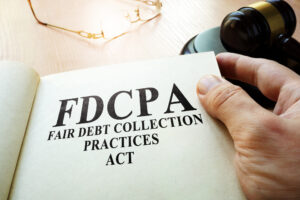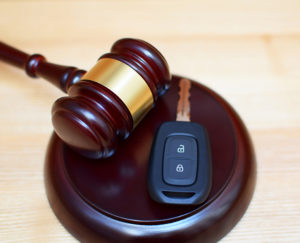Credit cards are useful for a number of reasons. They’re convenient when you don’t have cash on hand, and some cards carry perks like cash back or travel savings. However, you should avoid using credit for emergencies, and you should always be sure to make payments in full and on time. Carrying a balance from month to month can result in unruly interest charges that are more difficult to pay off, especially when trying to stick to a budget.
Credit Score Drop
Failing to make a payment on time just once could cause your credit score to fall as much as 110 points. Once lost, these points can be difficult to build back up and can make other aspects of your life more challenging. Your overall credit can affect your ability to secure new lines of credit, affect your interest rates, and even hurt your chances of renting an apartment or securing a new job.
Check your Credit Reports
Always be sure to stay on top of payments and check your credit report regularly. It’s not uncommon for credit reports to contain errors or inaccurate information, which could further harm your overall credit. You can request one FREE credit report every year from the three credit bureaus – TransUnion, Experian, and Equifax. Check for duplicate negative listings, someone else’s information, and any unfamiliar activity. Dispute any credit report errors immediately.
Seek Free Legal Help
Flitter Milz is a consumer protection law firm that represents people in matters concerning credit reporting issues, contact from abusive debt collectors, or have had a vehicle repossession. Contact us for a free evaluation of your consumer law concern — whether you had fallen behind on payments or not.

 Just when you think you’re getting your finances in order and want to apply for a new line of credit, a
Just when you think you’re getting your finances in order and want to apply for a new line of credit, a  Flitter Milz is a consumer protection law firm that pursues matters against the credit bureaus for inaccurately reporting information.
Flitter Milz is a consumer protection law firm that pursues matters against the credit bureaus for inaccurately reporting information.  Vehicle repossessions are worrisome and stressful enough, but what happens when the lender files a lawsuit against you after the repossession? Learn about what a deficiency lawsuit is, and what you should do if you’re being sued.
Vehicle repossessions are worrisome and stressful enough, but what happens when the lender files a lawsuit against you after the repossession? Learn about what a deficiency lawsuit is, and what you should do if you’re being sued. A qualified consumer rights attorney can evaluate all collection contact for compliance with the Fair Debt Collection Practices Act. If the collector’s tactics have violated the law, you can sue the collector, even though the deficient balance may be owed.
A qualified consumer rights attorney can evaluate all collection contact for compliance with the Fair Debt Collection Practices Act. If the collector’s tactics have violated the law, you can sue the collector, even though the deficient balance may be owed. A qualified consumer rights attorney can evaluate all collection contact for compliance with
A qualified consumer rights attorney can evaluate all collection contact for compliance with Contact Flitter Milz, a consumer rights law
Contact Flitter Milz, a consumer rights law






